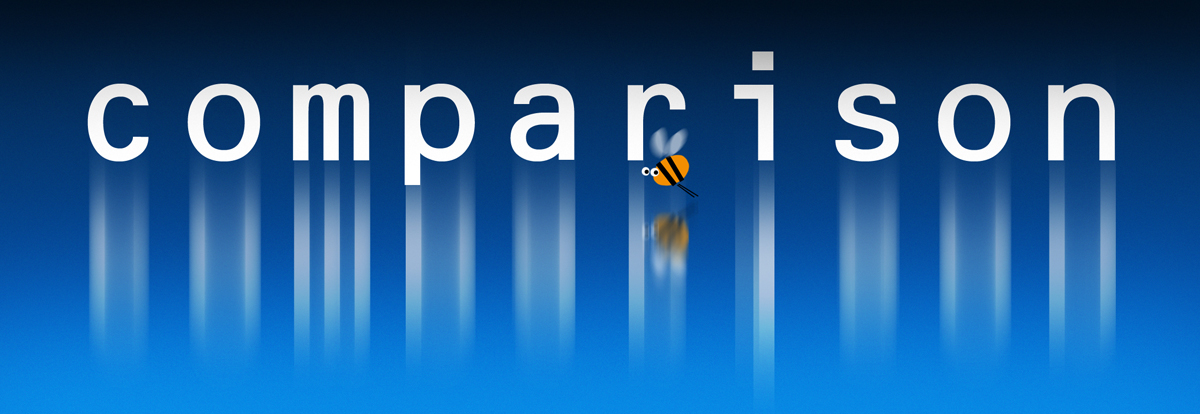Comparison between ISO 9000 and TQM are given below:
The main goal of ISO 9000 is to produce an effective quality system and maintain quality level in organization/Services.
Due to standard procedures, ISO 9000 is relatively easier to be implemented and maintained than any other QMS’s.
ADVERTISEMENTS:
Its certification does not contribute significantly to product quality and company performance improvement.
On the other hand, TQM is mainly concentrating to continuously improve product quality and customer satisfaction by individual and organizational involvement. So it aims to improve quality.
Since TQM is mainly a philosophy, it takes long time before it is fully implemented and maintained. Many TQM programmes came into a halt.
ADVERTISEMENTS:
TQM demands the total commitment of top executives. However, they sometimes fail to develop. In other cases, executives support the initiative but do not demonstrate their commitment with appropriate behavior.
ISO demands too many documentation works. It may be a waste of effort and give a resultant image of ISO as ‘quality on paper only’ and bureaucratic.
Many companies implement ISO mainly because of customer and market demand only. They do not care the actual meaning of that certificate.
ISO lacks responsiveness to customers demand by emphasizing too much on the current process, with little room for process alternation and restructuring.
ADVERTISEMENTS:
The employees may regard TQM as ‘the game at the top’ only, as many top executives commit to TQM; but they fail to communicate this commitment to the employees.
Moreover, TQM is a philosophy, having philosophy only is useless in daily operations. Many companies fail in transferring the philosophy into a set of daily practices.
When implementing TQM, the employees think that it’s just another ‘program’ only. They saw it as another ‘burden’ or even ‘resistance’ (not ‘assistance’ as it was TQM meant to be) to their daily operations.

